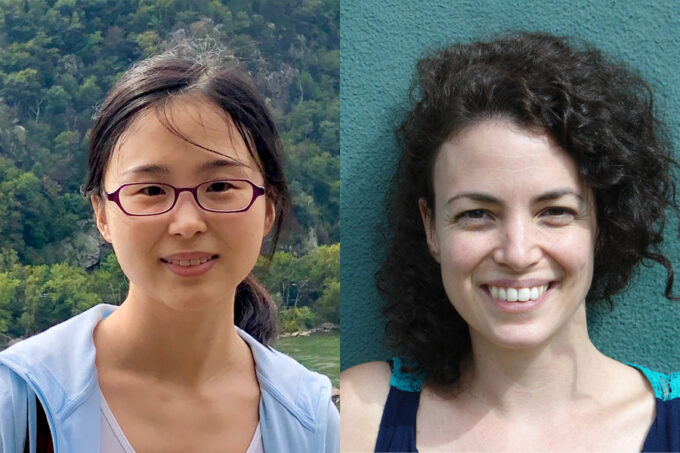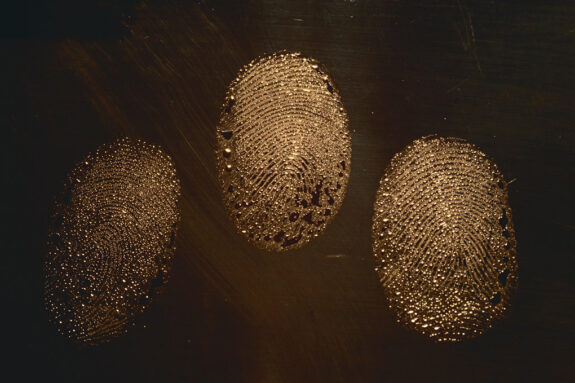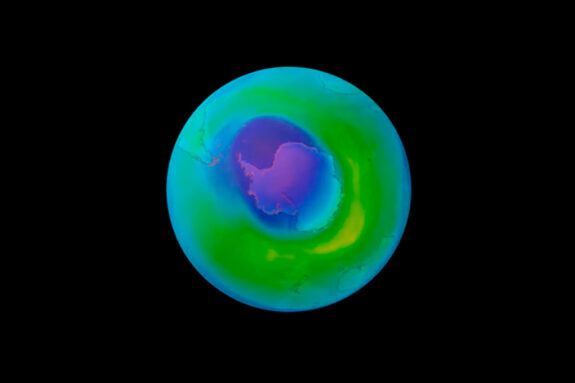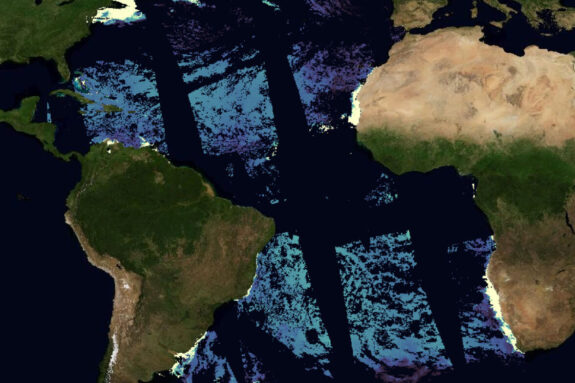EAPS welcomes new faculty members Nicole Xike Nie and Talia Tamarin-Brodsky

Nicole Xike Nie (left) and Talia Tamarin-Brodsky. Images courtesy Nie and Tamarin-Brodsky.
EAPS is pleased to welcome two new faculty members this year, effective July 2023: Climate scientist Talia Tamarin-Brodsky and isotope geochemist Nicole Xike Nie.
Tamarin-Brodsky’s research is driven by questions on the interface between weather and climate. Her interests include atmospheric temperature variability and how it responds to climate change, atmospheric dynamics, regional climate and extremes, subseasonal-to-seasonal predictability, and stratosphere-troposphere interactions.
In her work, Tamarin-Brodsky uses computational methods to study the spatial distribution of temperature near the Earth’s surface and how temperature anomalies evolve and migrate. Using the latest forecasting data, she is able to examine the link between troposphere conditions and interactions with the stratosphere around those events. By looking at storm tracks with a Lagrangian approach, she can track their poleward movement and shifts under climate change.
Tamarin-Brodsky received a bachelor’s degree in Mathematics and Geophysics as well as a master’s in Physics from Tel Aviv University, Israel, before earning her PhD from the Weizmann Institute. She completed a postdoctoral project at the University of Reading, U.K., and a postdoctoral fellowship at Tel Aviv University.
Nie is an isotope geo/cosmochemist, using the chemical and isotopic compositions of extraterrestrial materials to understand the history and diversity of the formation of our solar system. Her research is driven by fundamental questions about the origin and evolution of the early solar system. Using geochemical methods, she wants to understand questions such as why all planetary bodies are depleted of volatile elements when their building block materials aren’t, and why the Earth’s chemical signatures are distinct from other planetary bodies.
While at EAPS, Nie plans to further develop the isotope analysis methods she’s worked on previously to build a state-of-the-art lab to use on extraterrestrial samples returned to Earth, such as those from the asteroid Bennu scheduled to be brough back Fall 2023.
Nie received her PhD in isotope geo/cosmochemistry from the University of Chicago in 2019. She also holds a BS in geology from China University of Geosciences (2010) in Beijing, China and an MS in geochemistry from the Chinese Academy of Sciences (2013), also in Beijing. She recently completed a postdoctoral fellowship at Caltech.


